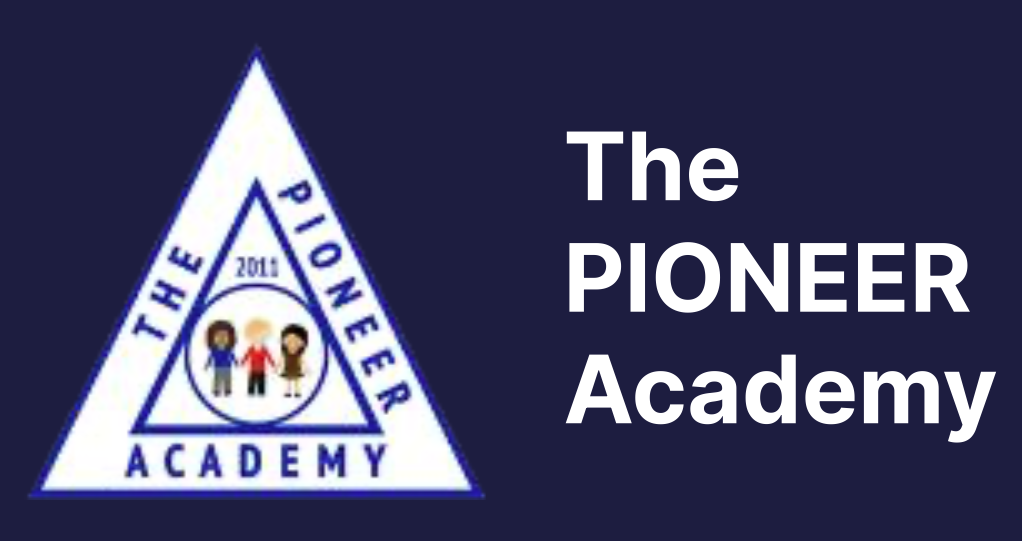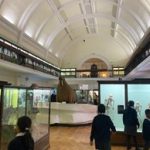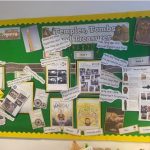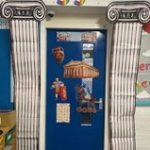Overview
At Broadmead Primary School, we aspire to give children a high-quality history education. Our intent is for pupils to become intrigued about Britain’s past and that of the wider world. As historians, they will be able to ask perceptive questions, think critically, evaluate evidence, scrutinise arguments, and develop perspective historical eras and events. We aim to provide an ambitious curriculum for all pupils and provide an environment in which learning can thrive.
History is taught through the International Primary Curriculum (IPC) scheme which enables children to approach learning by developing the knowledge, skills and understanding necessary to confidently interpret periods and events from the past and the lessons that can be drawn from them. Through the IPC units, learning provides pupils with knowledge of Britain’s past (Stone Age – beyond 1066) and ancient civilisations as well as exploring significant events, people, and places in their own locality and beyond.
The IPC has been integrated with the National Curriculum to ensure pupils meet the statutory requirements in a creative and stimulating way. The International Primary Curriculum (IPC) develops children aged 5-11 into informed, globally competent and future-ready learners. When planning for the IPC, teachers adapt the units of work to create termly topics that pupils can relate to and that cater to their specific interests.
History lessons provide valuable transferable knowledge and skills to other areas of the curriculum and promote the pupils’ spiritual, moral, social and cultural development. The curriculum is designed and taught in a progressive manner, allowing pupils to build on and broaden their prior learning throughout their time at primary school and into the next stage of their education.
We aim to encourage children to see beyond evidence in written documents and books, but to explore the amazing sites that hold keys to the world’s past. Wherever possible, our history curriculum is enhanced by trips and visitors in order to bring the curriculum to life and create memorable experiences. At the Pioneer Academy pupils have a ‘Pioneer Passport’ which ensures they experience a variety throughout their time. The Pioneer Academy ensures that all pupils regardless of background experience these trips by subsidising costs.
National Curriculum links
By the end of Key Stage 1 pupils should be taught about:
- changes within living memory. Where appropriate, these should be used to reveal aspects of change in national life
- events beyond living memory that are significant nationally or globally [for example, the Great Fire of London, the first aeroplane flight or events commemorated through festivals or anniversaries]
- the lives of significant individuals in the past who have contributed to national and international achievements. Some should be used to compare aspects of life in different periods [for example, Elizabeth I and Queen Victoria, Christopher Columbus and Neil Armstrong, William Caxton and Tim Berners-Lee, Pieter Bruegel the Elder and LS Lowry, Rosa Parks and Emily Davison, Mary Seacole and/or Florence Nightingale and Edith Cavell]
- significant historical events, people and places in their own locality
By the end of Key Stage 2 pupils should be taught about:
- changes in Britain from the Stone Age to the Iron
- the Roman Empire and its impact on Britain Examples (non-statutory)
- Britain’s settlement by Anglo-Saxons and Scots
- the Viking and Anglo-Saxon struggle for the Kingdom of England to the time of Edward the Confessor
- a local history study
Websites
https://www.natgeokids.com/uk/teacher-category/history/






